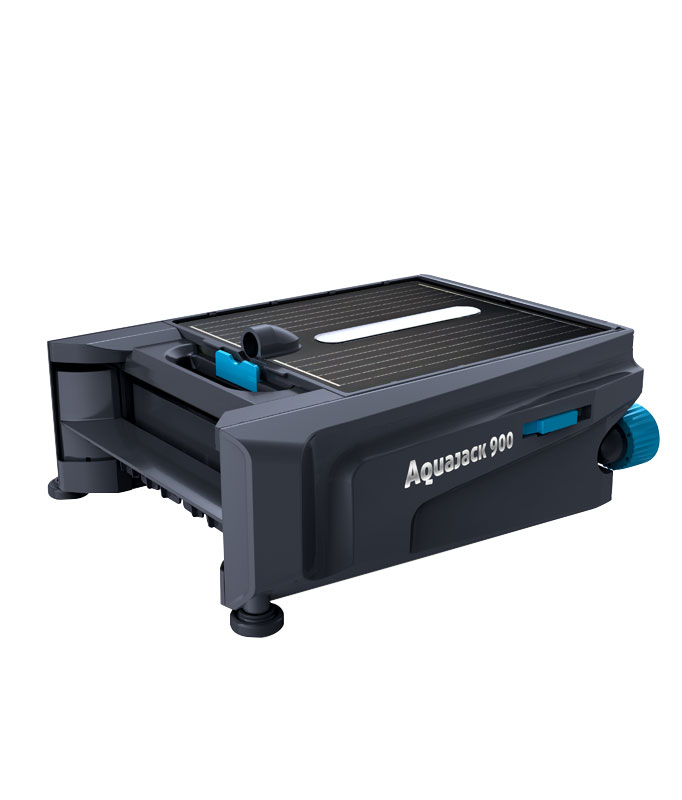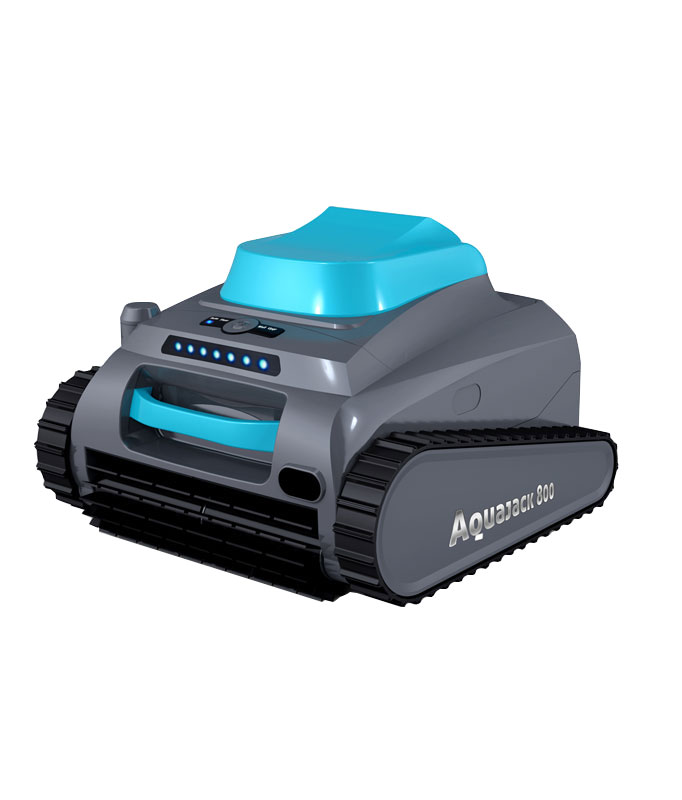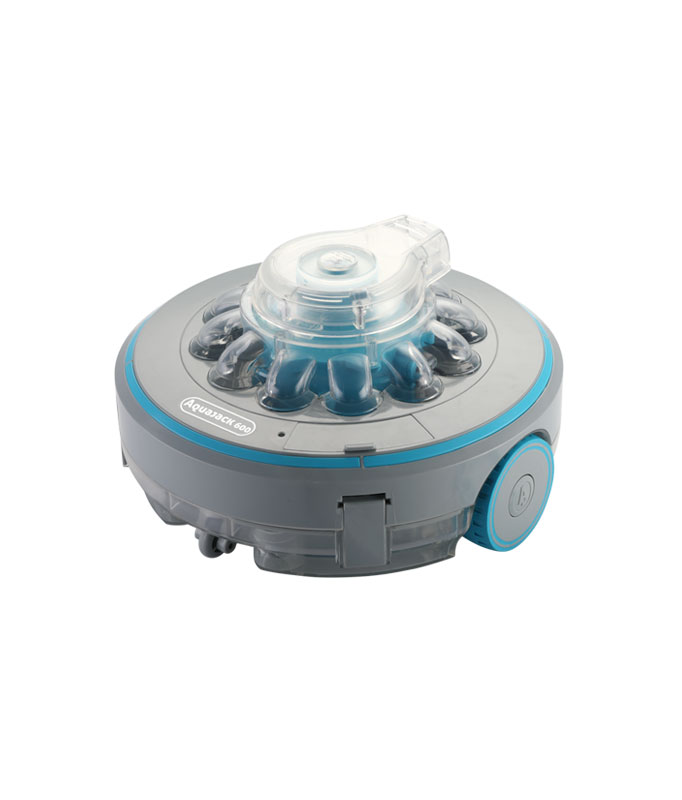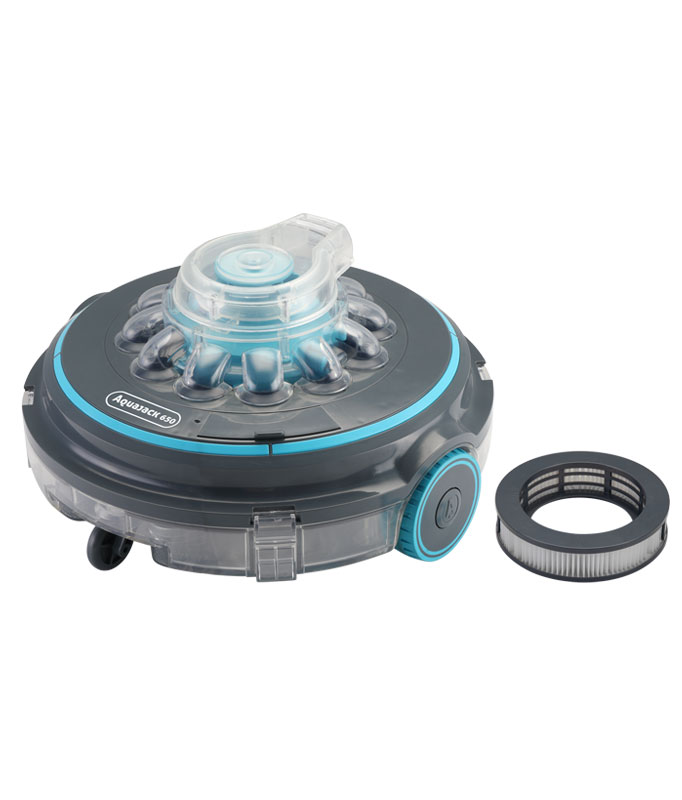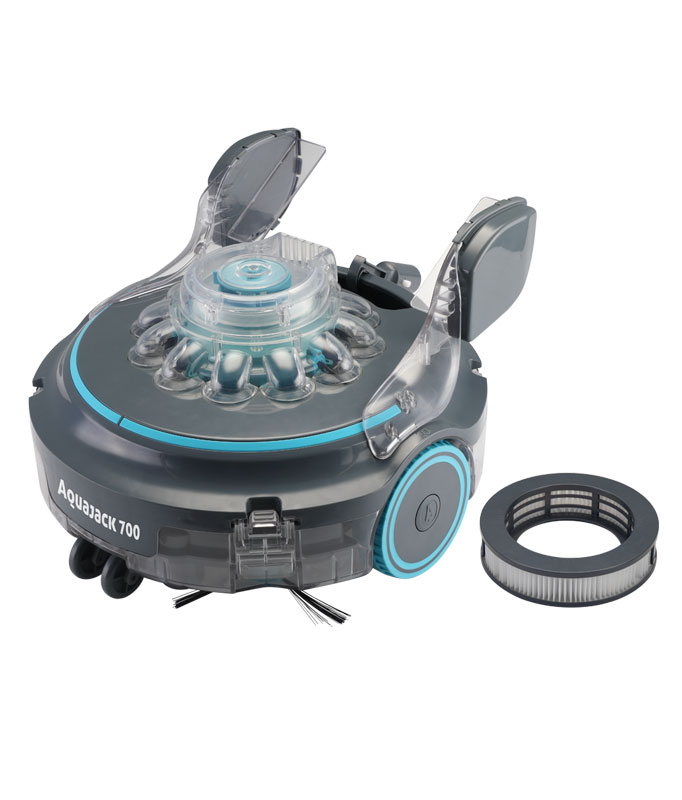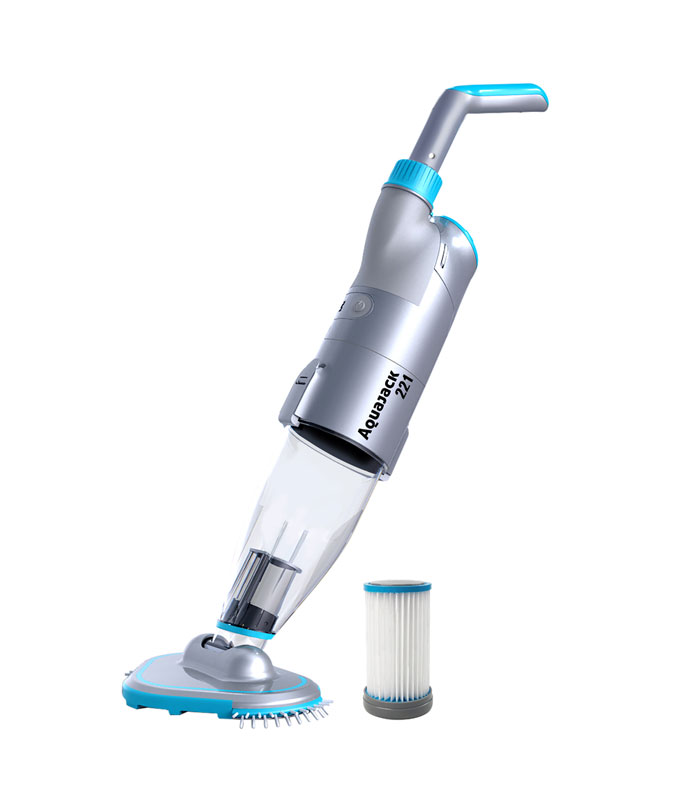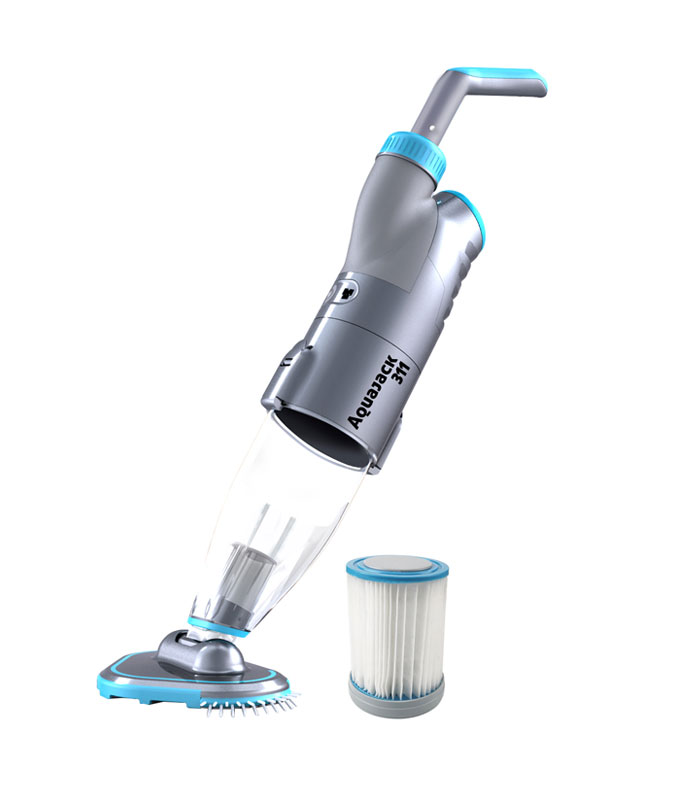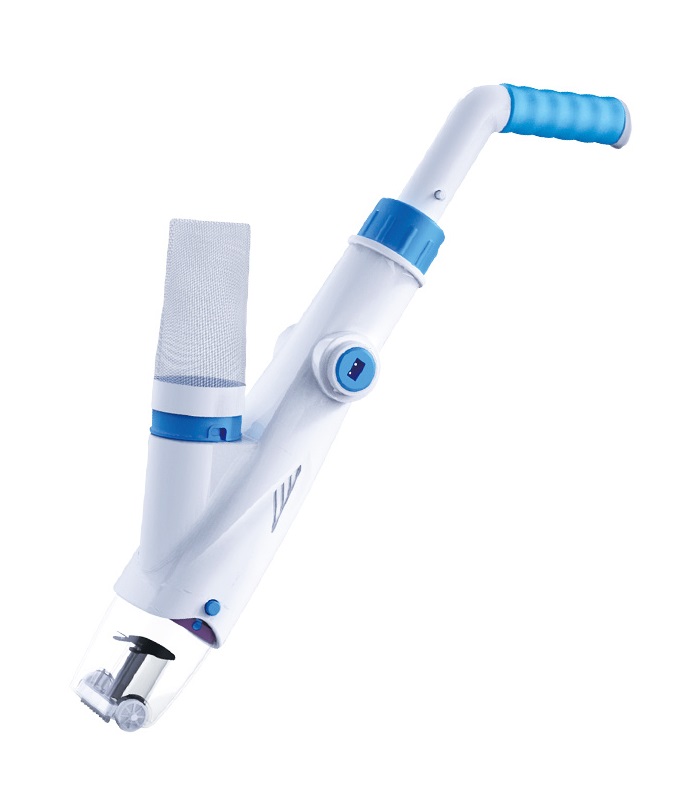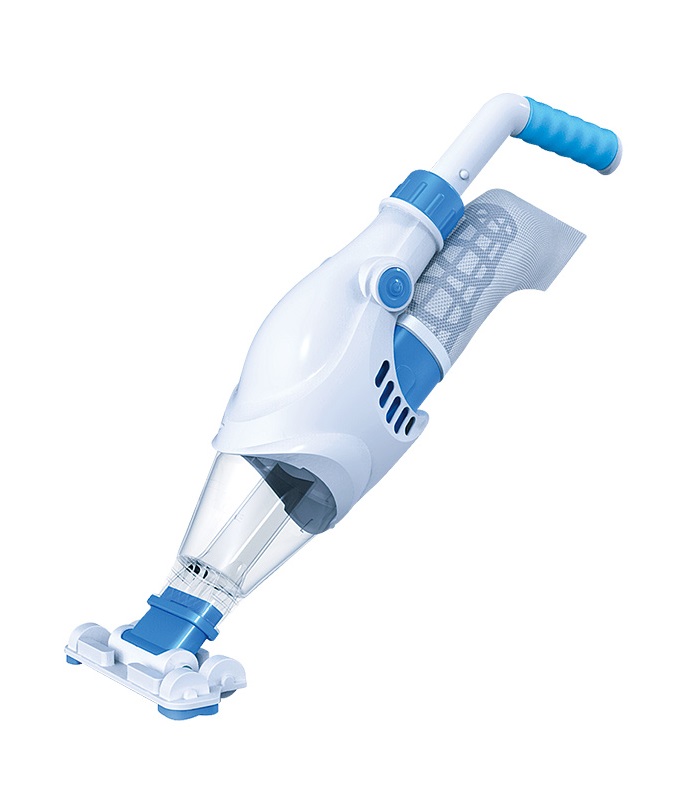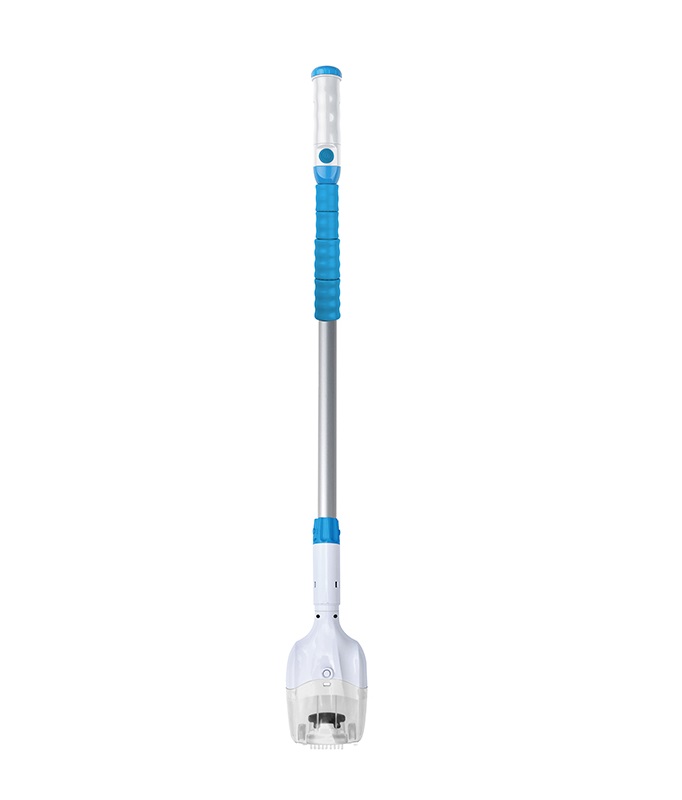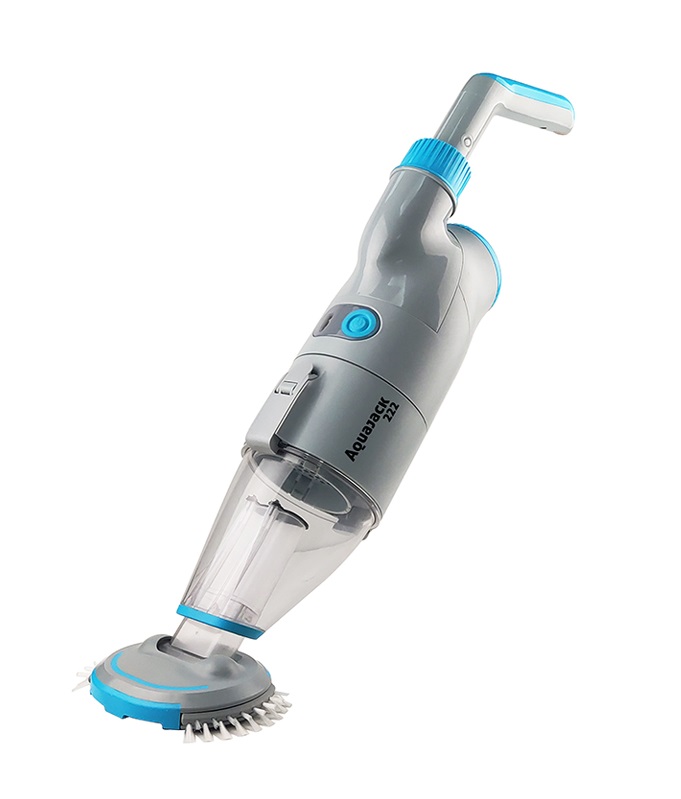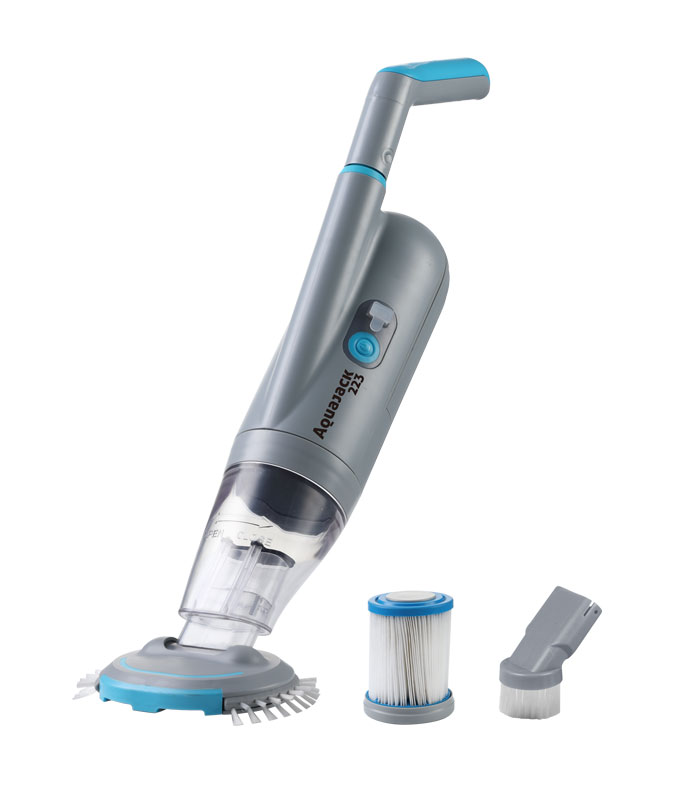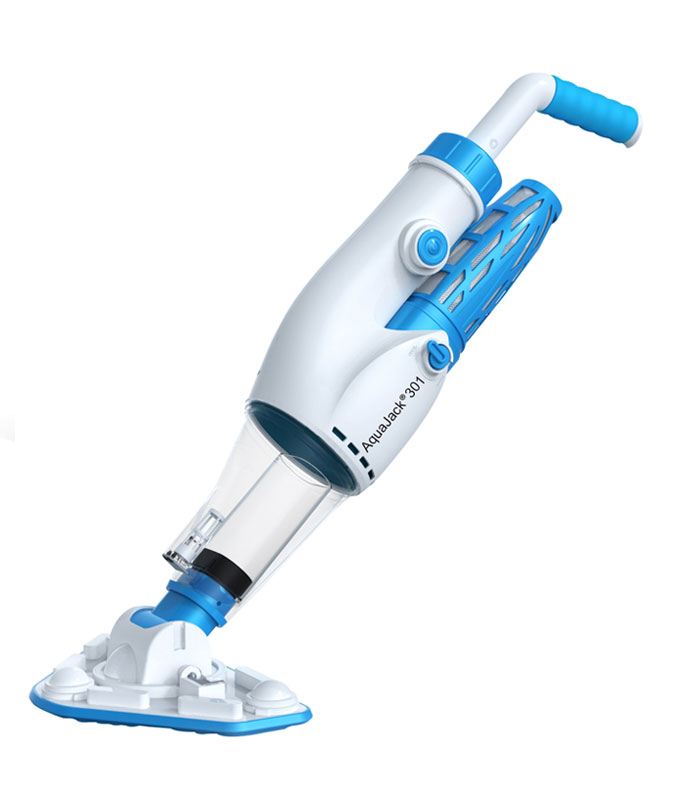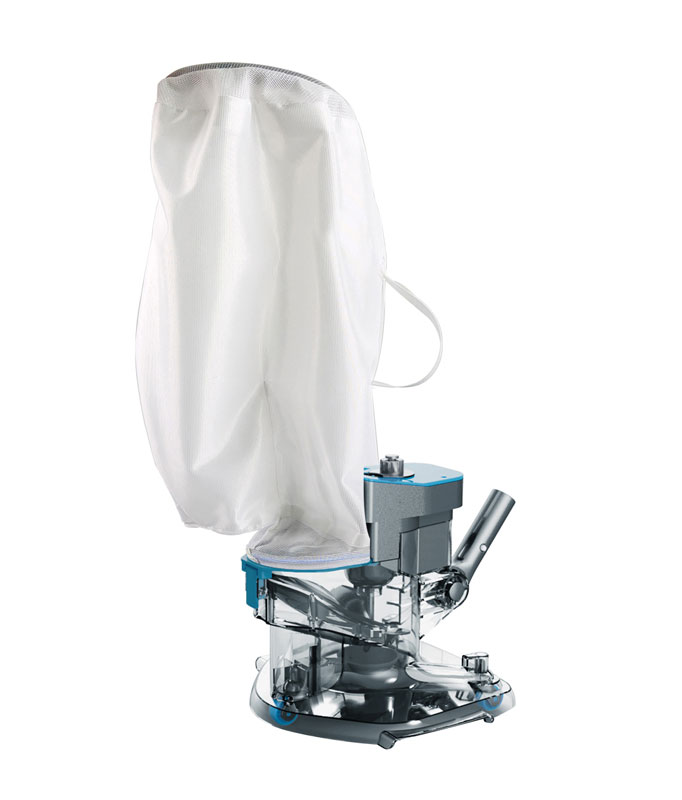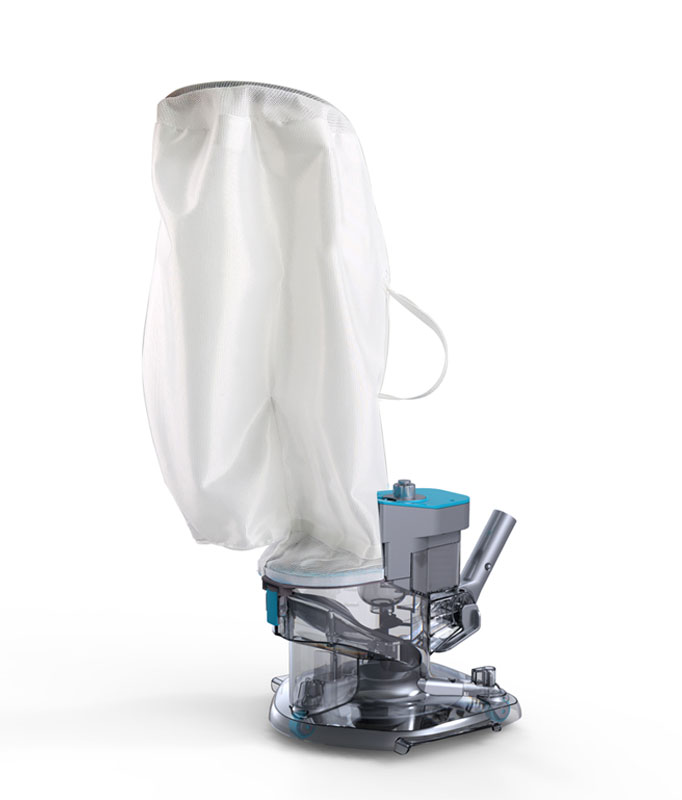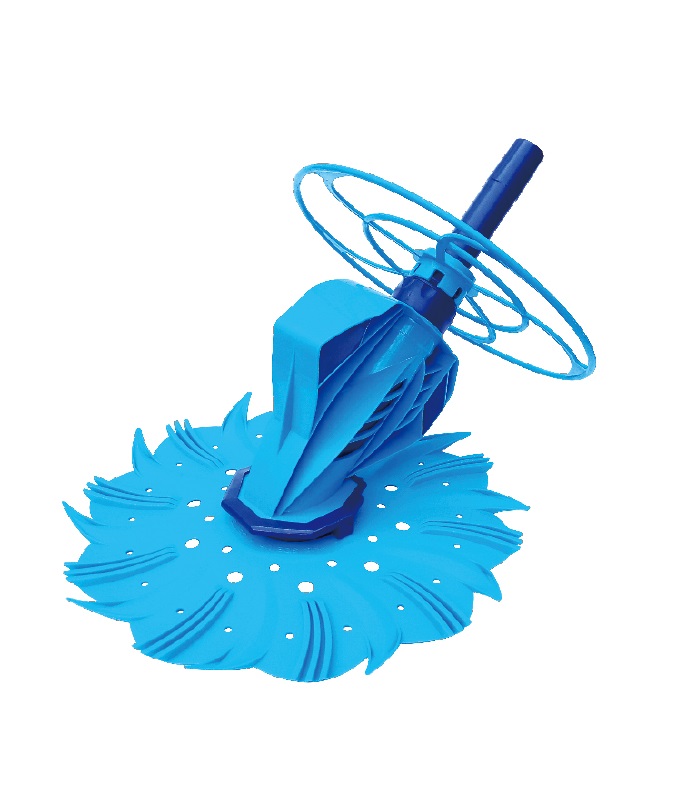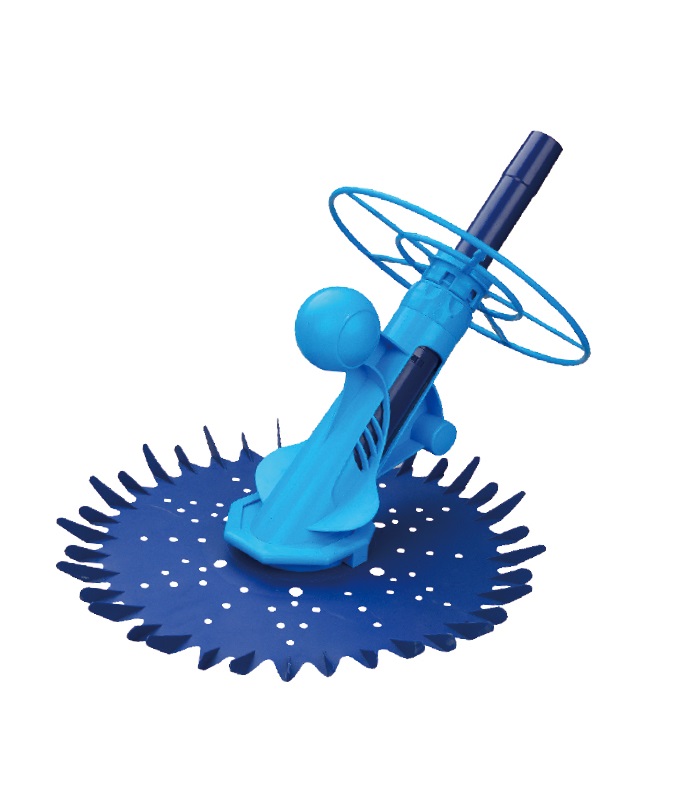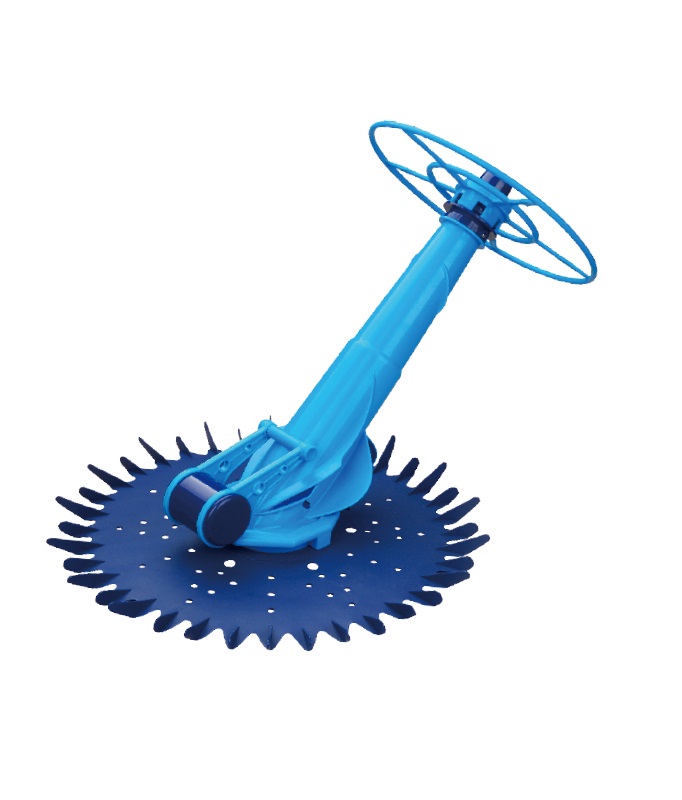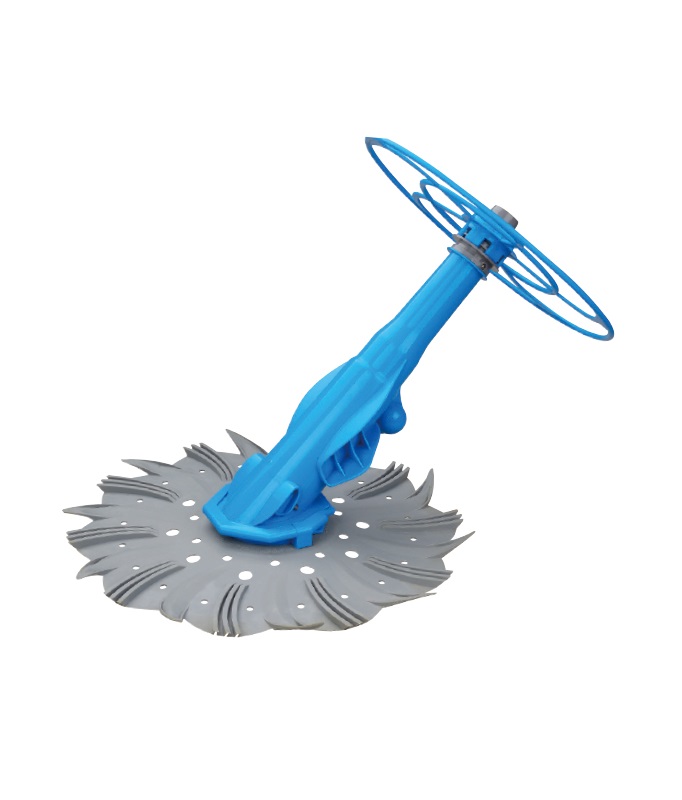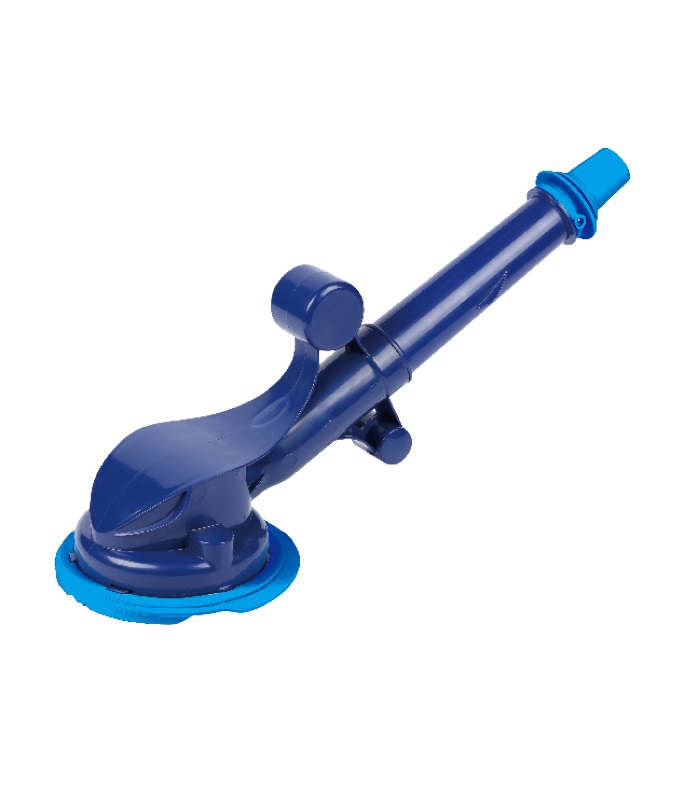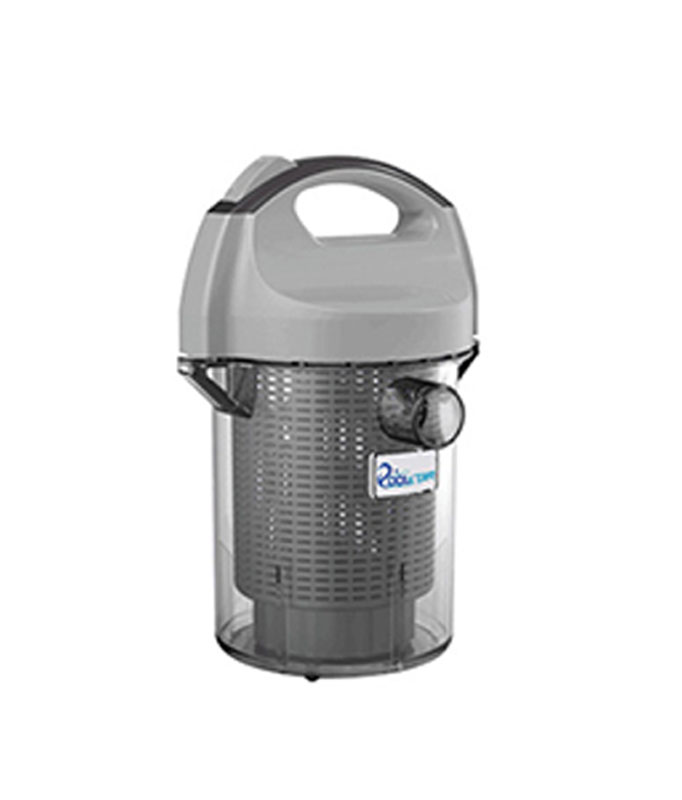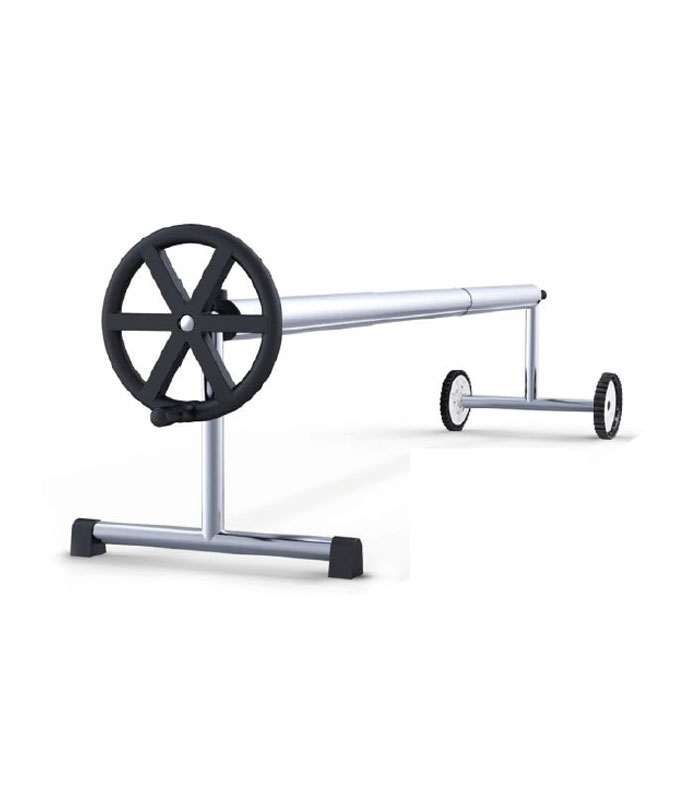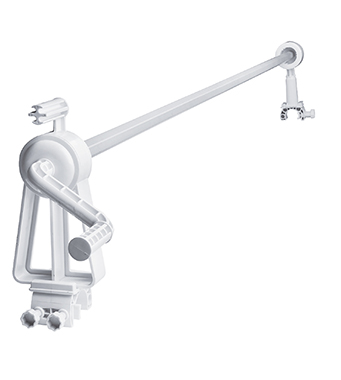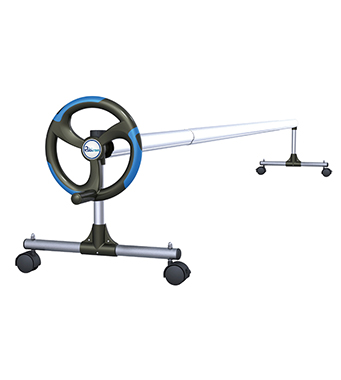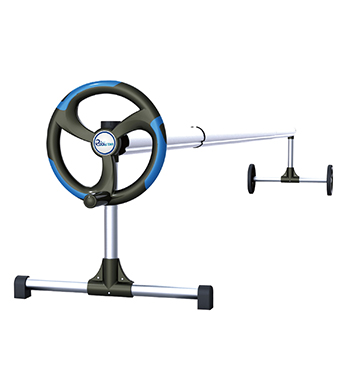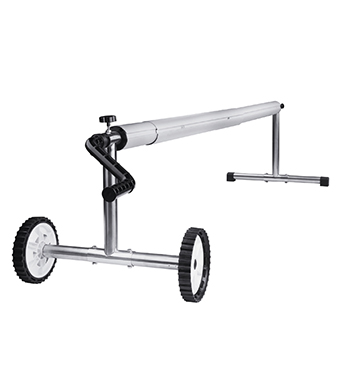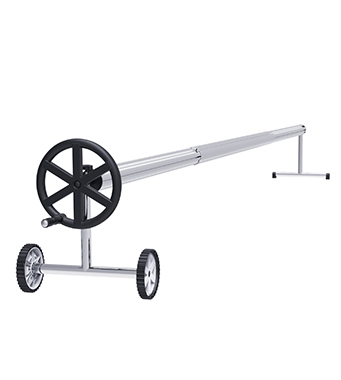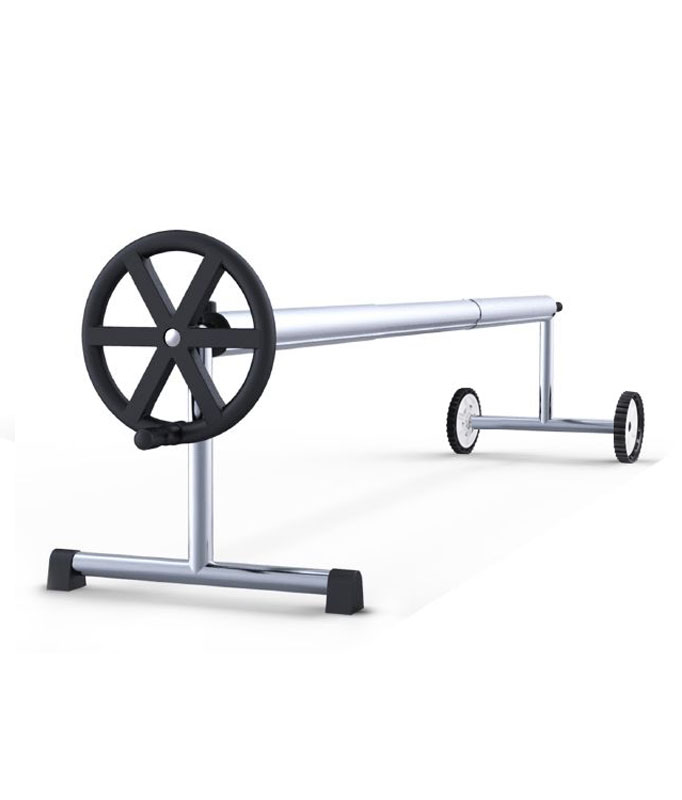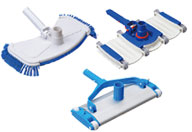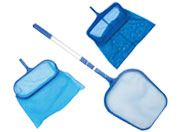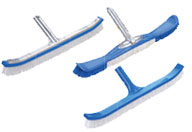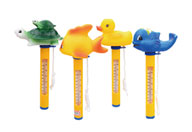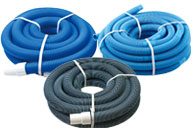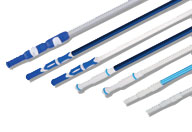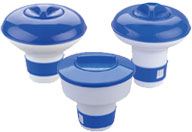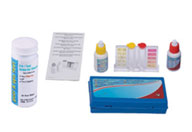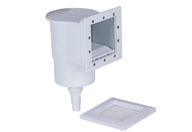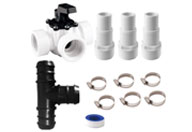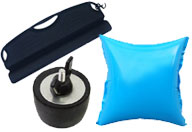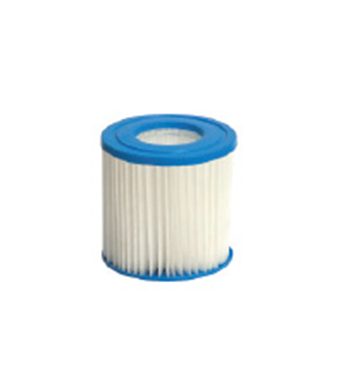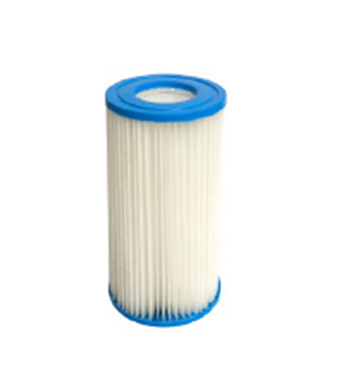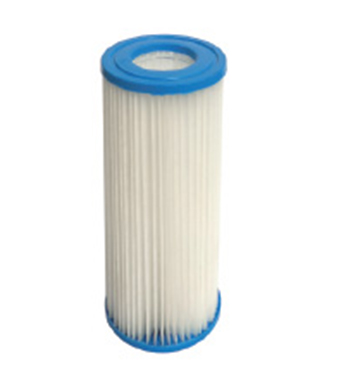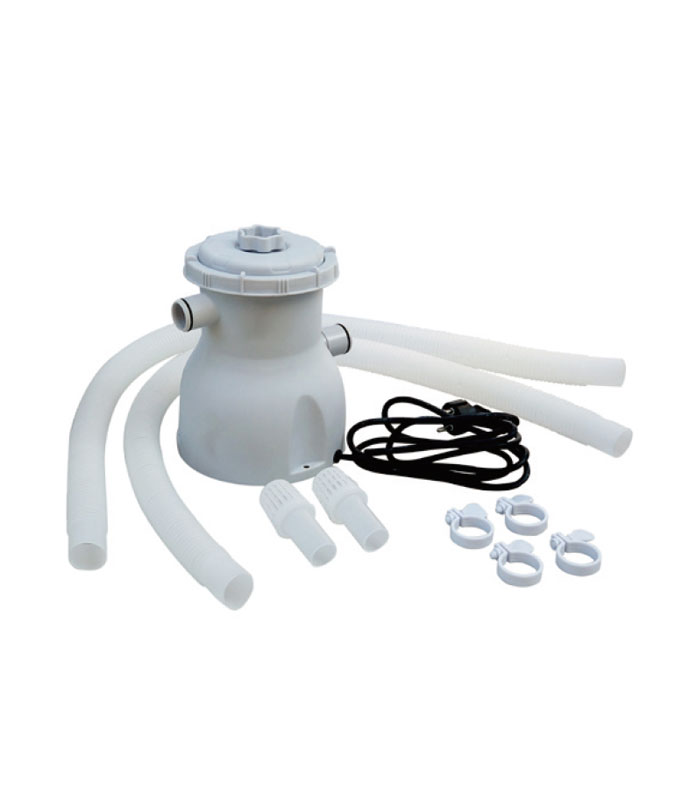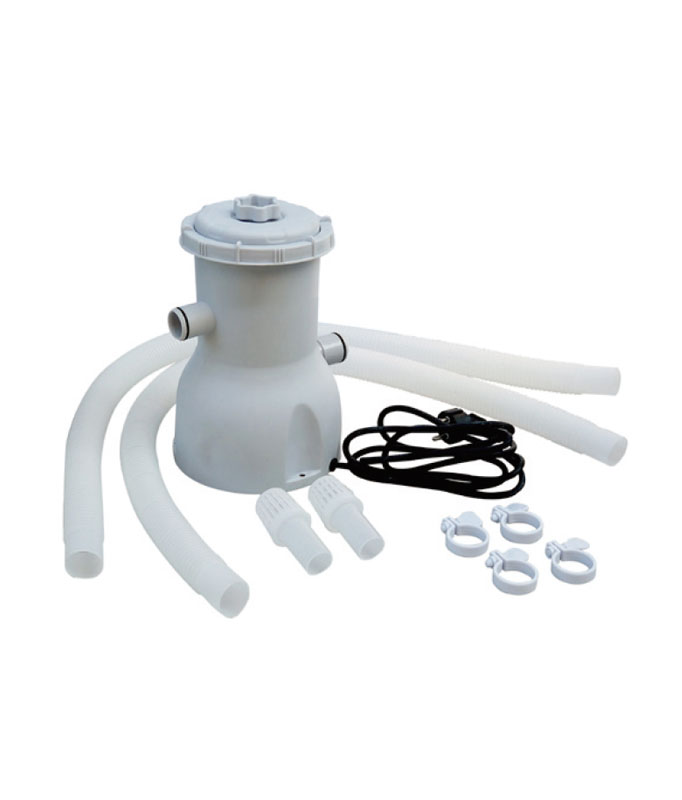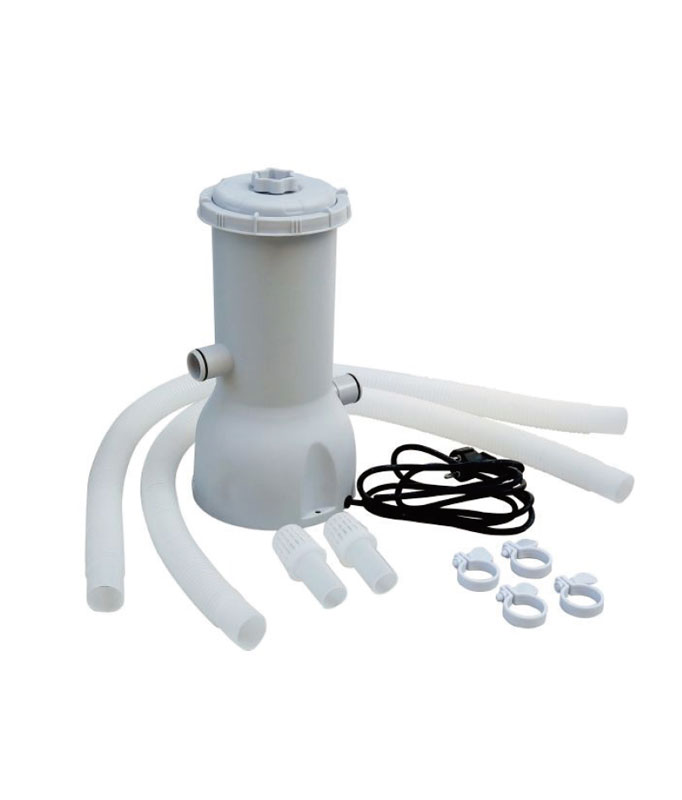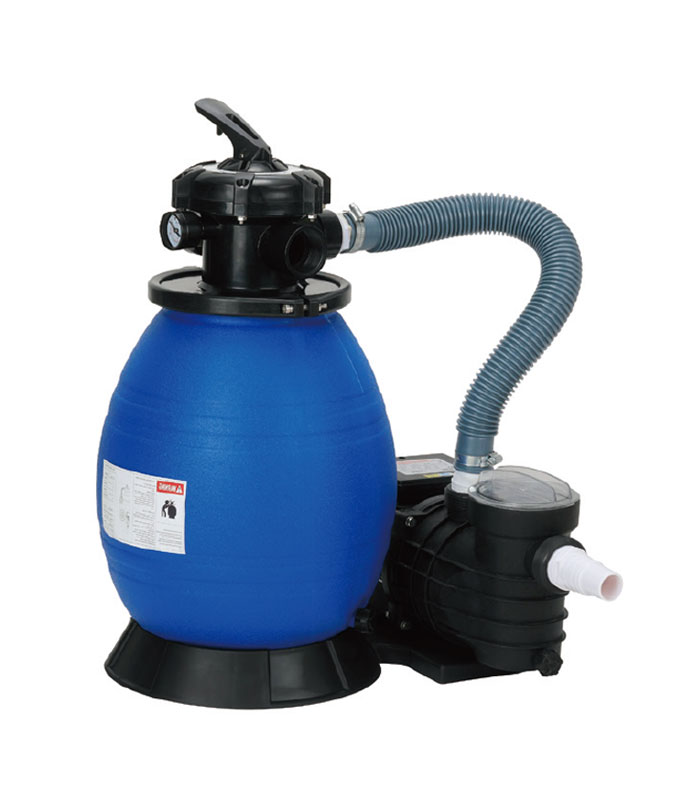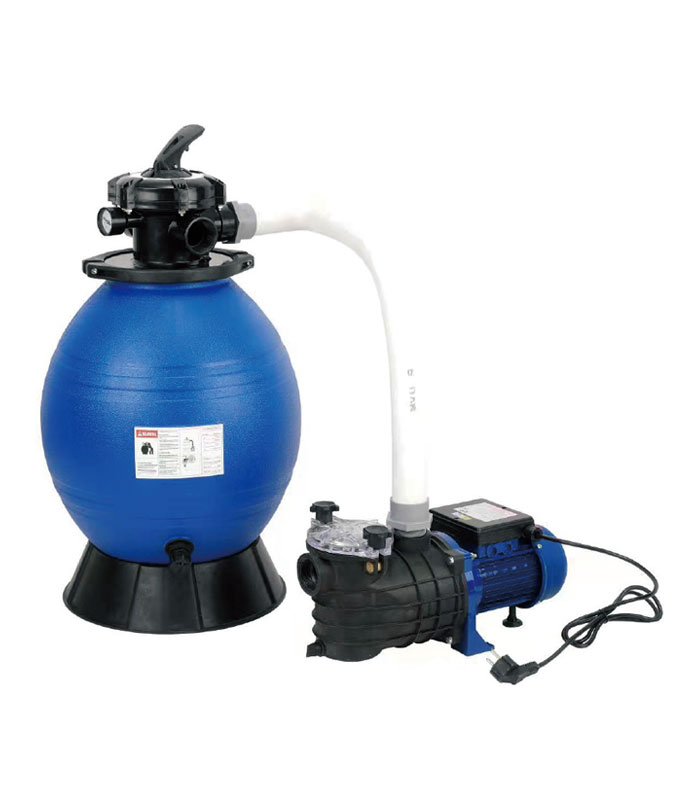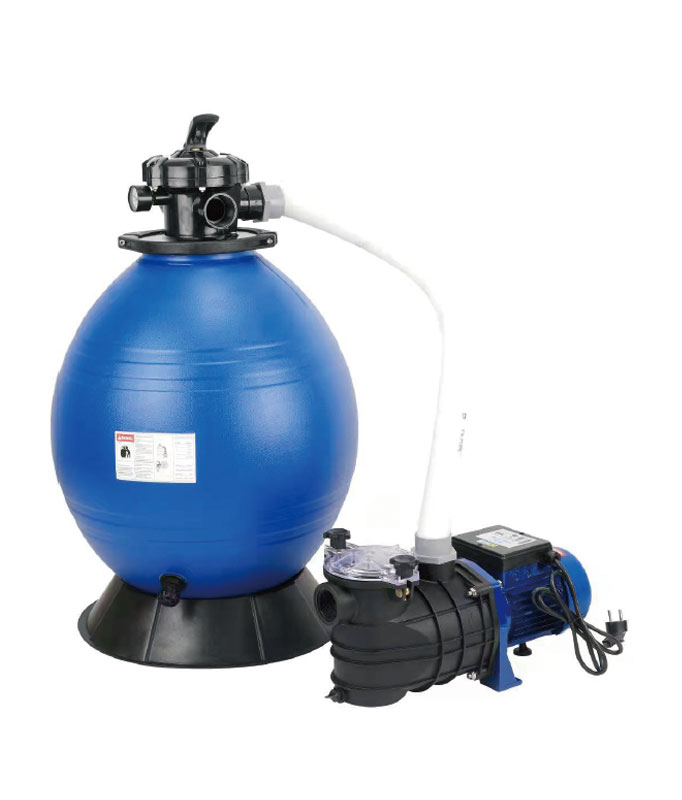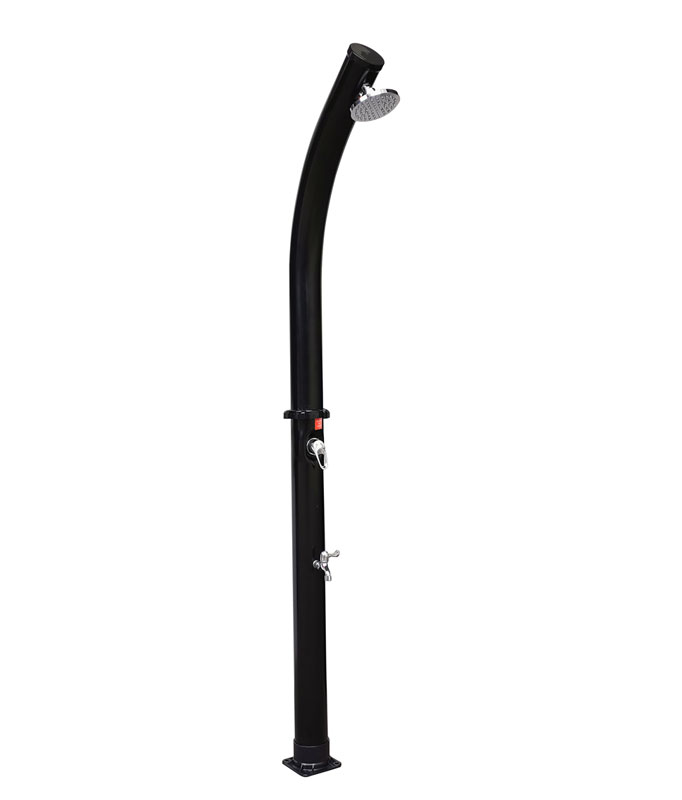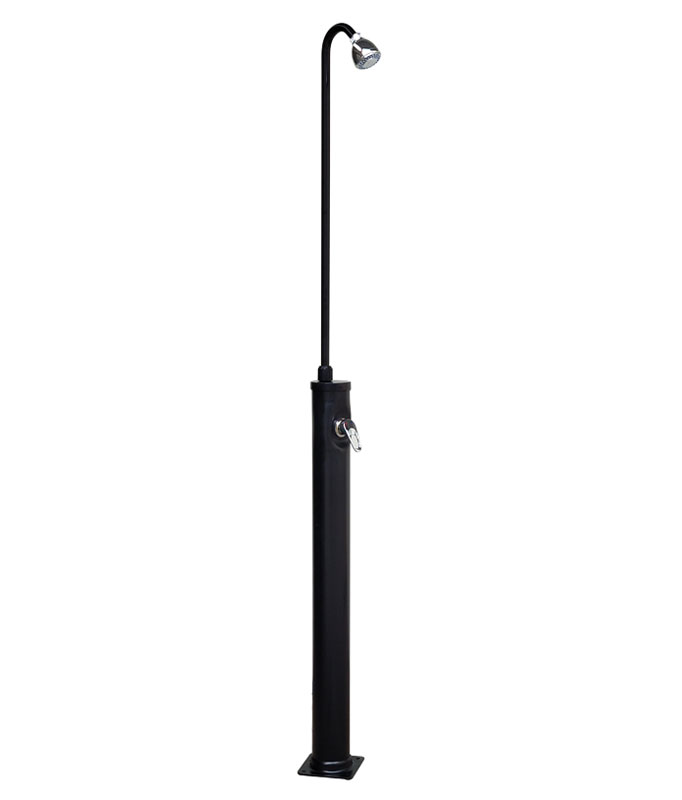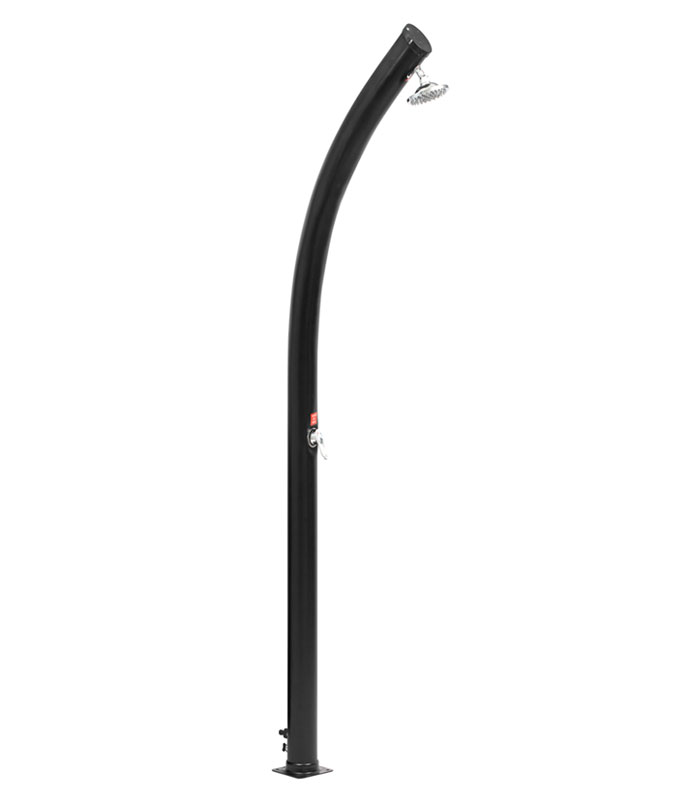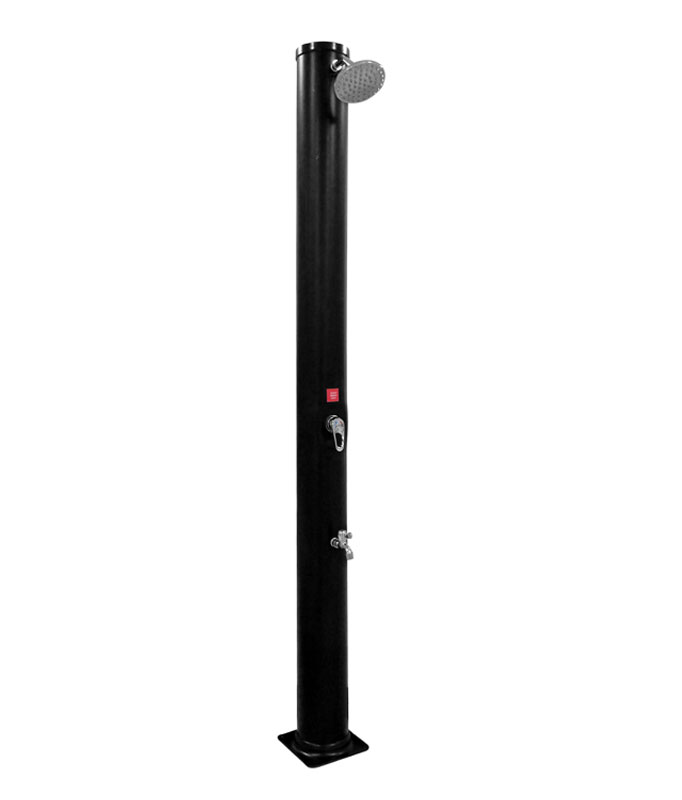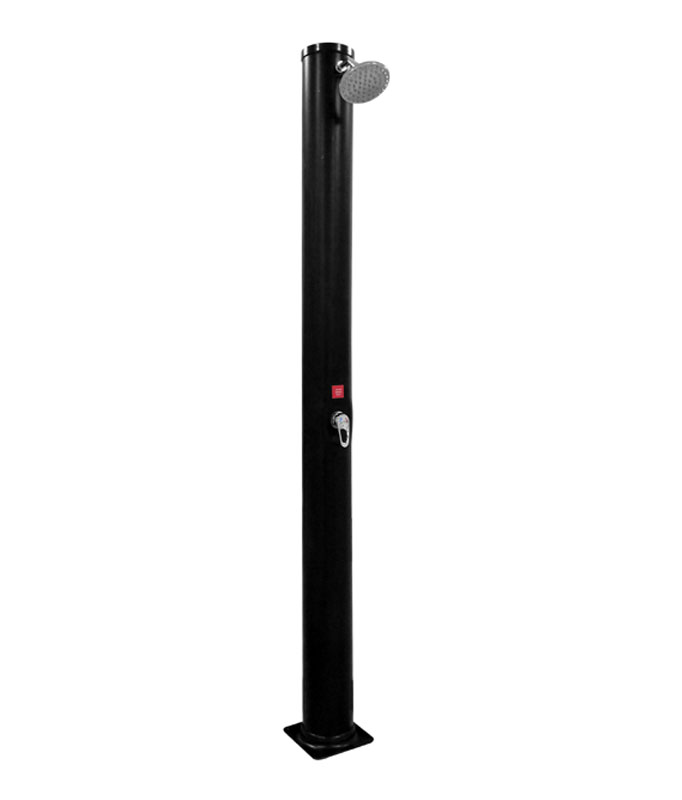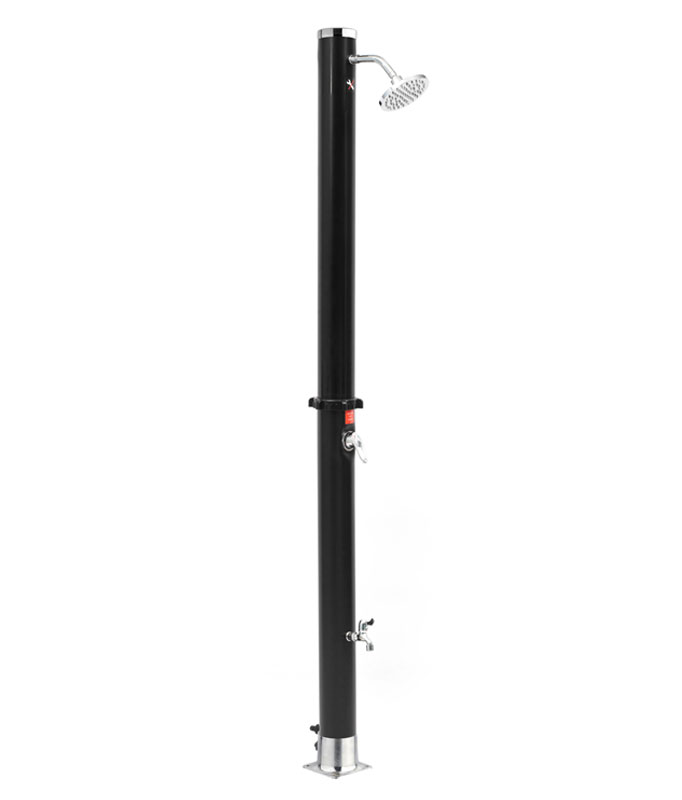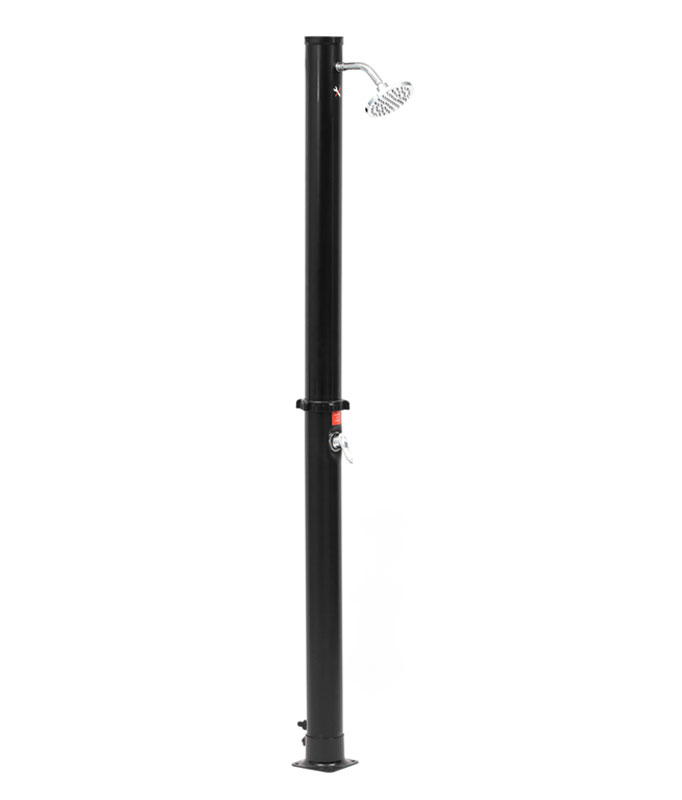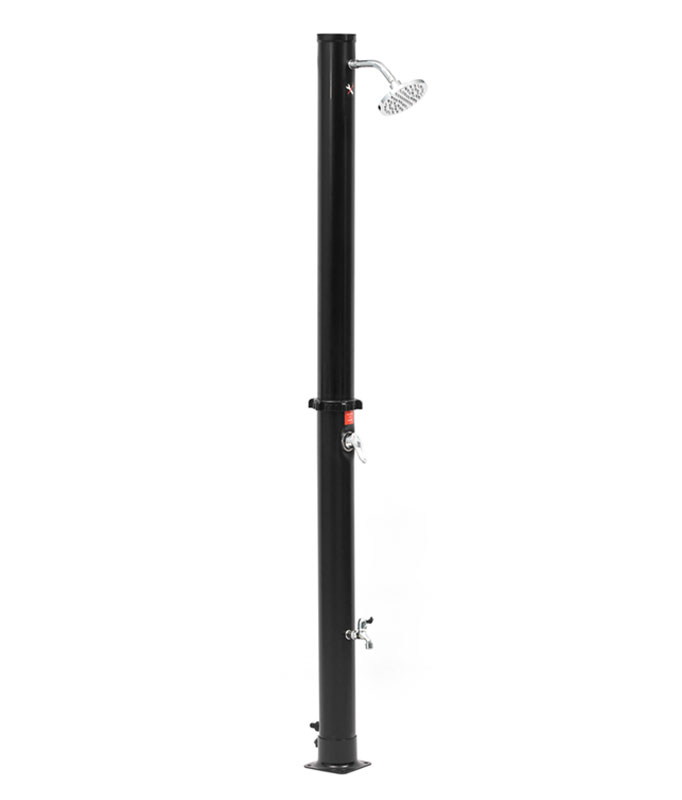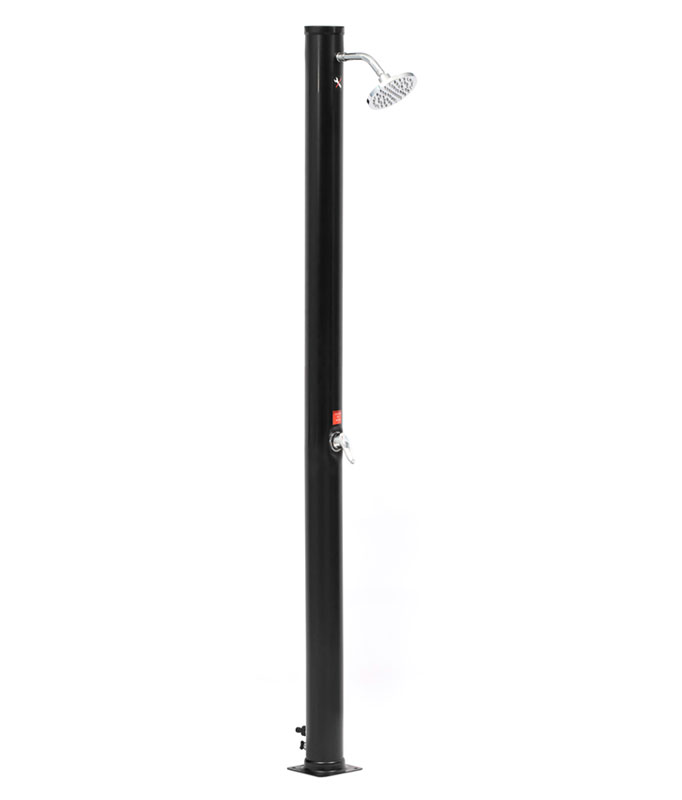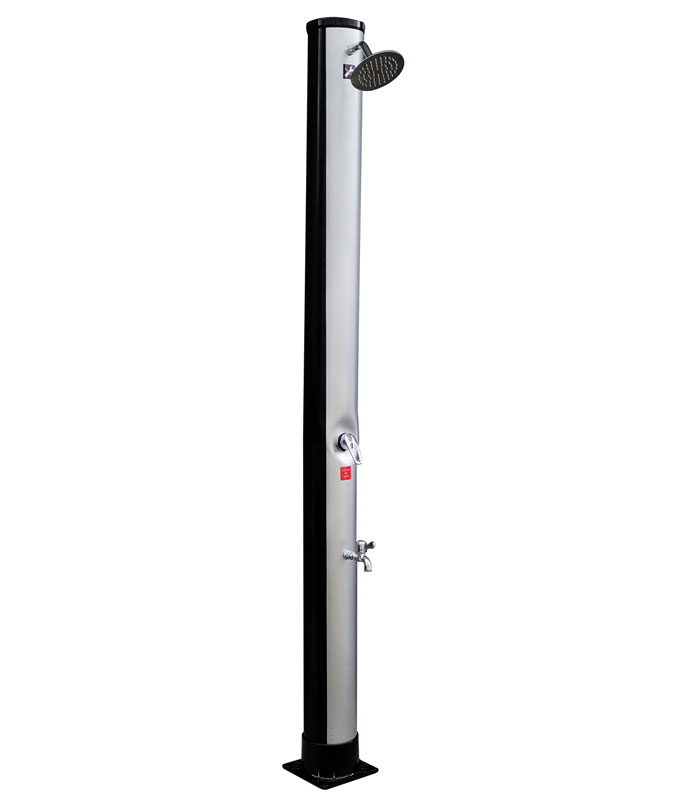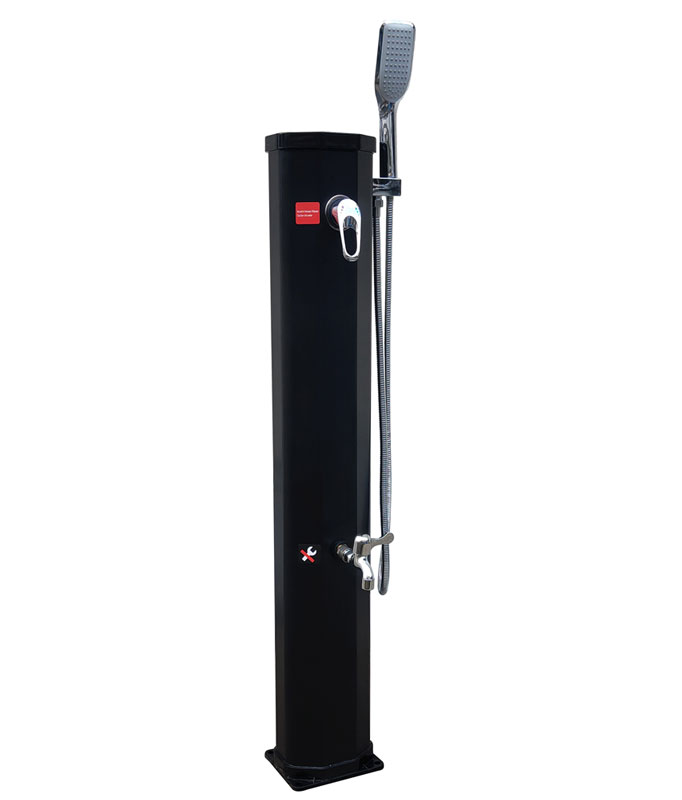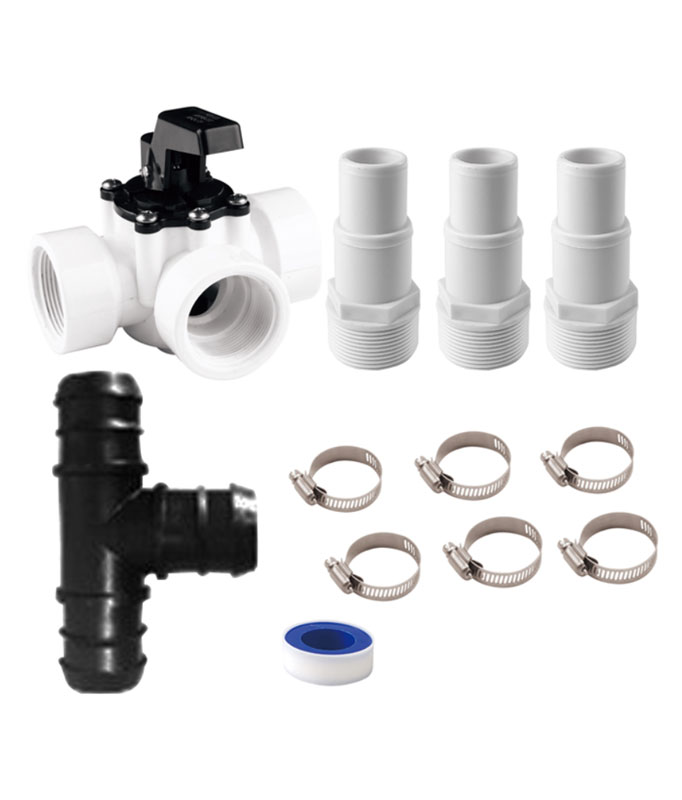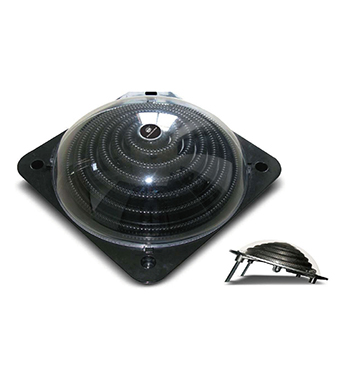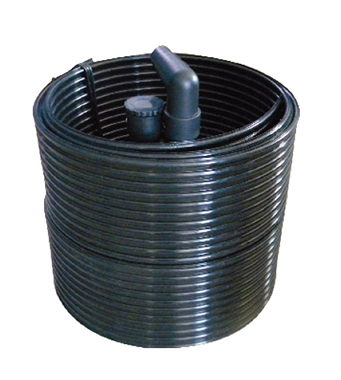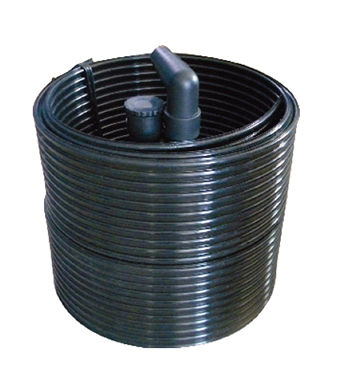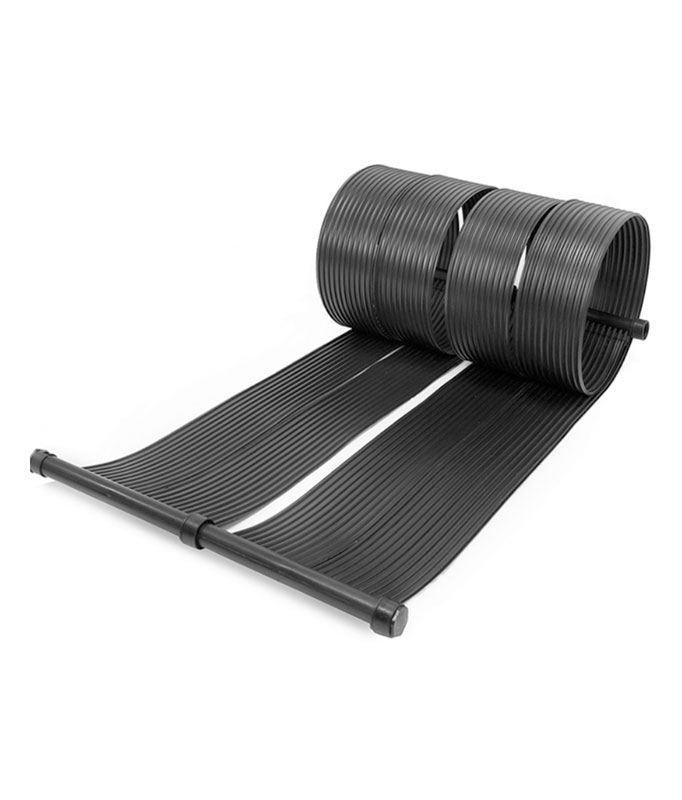
When managing a commercial pool, you face a critical decision: robotic or manual pool cleaners? The right choice impacts cleaning efficiency and cost-effectiveness. Robotic cleaners offer automation, while manual options provide hands-on control. A trusted hotel/commercial pool cleaning equipment supplier can guide you. Explore options like portable cleaners at https://www.cnpoolstar.com/category/portable-pool-vacuum-cleaner-2.html.
Key Takeaways
- Robotic pool cleaners work alone, saving time and effort. They are great for big commercial pools used often.
- Manual pool cleaners are cheaper and give better control. They work well for small or oddly shaped pools.
- Robotic cleaners cost more at first but save money later. They lower labor costs and use less energy.
Overview of Robotic and Manual Pool Cleaners
Robotic Pool Cleaners: Features and Functionality
Robotic pool cleaners are advanced devices designed to simplify pool maintenance. These machines operate independently, using built-in motors and filters to clean the pool. You can program them to scrub walls, floors, and even waterlines. Many models come with smart navigation systems, ensuring thorough coverage without missing spots. Some robotic cleaners also include remote control options, allowing you to direct them as needed.
One of their standout features is energy efficiency. These cleaners consume less power compared to traditional systems. They also reduce the need for additional equipment, like pool pumps, since they function autonomously. For commercial pools, robotic cleaners save time and deliver consistent results. A reliable hotel/commercial pool cleaning equipment supplier often recommends these for their convenience and performance.
Manual Pool Cleaners: Features and Functionality
Manual pool cleaners require hands-on operation. These tools include vacuum heads, telescopic poles, and hoses. You connect them to the pool’s filtration system to remove debris. While they lack automation, they give you complete control over the cleaning process. You can target specific areas, ensuring no dirt or algae remains.
Manual cleaners are lightweight and easy to store. They work well for smaller commercial pools or those with unique shapes. However, they demand more time and effort compared to robotic options. For operators who prefer a hands-on approach, manual cleaners remain a practical choice.
Key Differences Between Robotic and Manual Cleaners
Robotic and manual pool cleaners differ in several ways. Robotic cleaners offer automation, saving you time and labor. They also provide consistent cleaning results with minimal supervision. In contrast, manual cleaners require your active involvement but allow for precise cleaning in hard-to-reach areas.
Cost is another key factor. Robotic cleaners have a higher upfront cost but often lead to long-term savings. Manual cleaners are more affordable initially but may require more labor and time investment. Choosing between the two depends on your pool’s size, budget, and cleaning needs.
Cleaning Efficiency in Commercial Pools
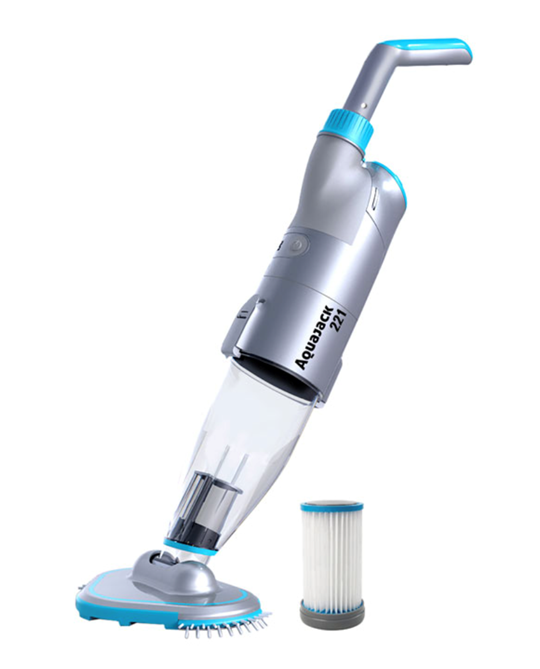
Performance of Robotic Cleaners
Robotic pool cleaners excel in delivering consistent and thorough cleaning. These machines use advanced navigation systems to map the pool and avoid missing any spots. You can rely on them to scrub walls, floors, and even waterlines with precision. Their built-in filters capture fine debris, leaving the water crystal clear.
One of the biggest advantages is their ability to work independently. Once you set them up, they operate without constant supervision. This feature makes them ideal for large commercial pools where manual cleaning would take hours. Additionally, robotic cleaners maintain their performance regardless of the pool's shape or size.
Tip: For pools with heavy usage, robotic cleaners ensure a higher standard of cleanliness, which is crucial for customer satisfaction.
Performance of Manual Cleaners
Manual pool cleaners require more effort but offer unmatched control. You can target specific areas, ensuring no debris or algae remains. This precision is especially useful for pools with irregular shapes or hard-to-reach corners.
However, manual cleaning depends on the operator's skill and attention to detail. You need to dedicate time and energy to achieve the same level of cleanliness as a robotic cleaner. While effective for smaller pools, manual cleaners may struggle to keep up with the demands of larger commercial facilities.
Time and Labor Considerations
Robotic cleaners save you significant time and labor. They operate autonomously, allowing your staff to focus on other tasks. For commercial pools, this efficiency translates to reduced labor costs and faster turnaround times.
In contrast, manual cleaning is labor-intensive. You or your staff must spend hours scrubbing and vacuuming the pool. This approach increases labor costs and may lead to inconsistent results if rushed. For busy commercial operations, robotic cleaners often prove to be the more practical choice.
Cost-Effectiveness for Commercial Use
Initial Costs of Robotic vs Manual Cleaners
When comparing initial costs, robotic pool cleaners typically require a higher investment. These machines come with advanced technology, including motors, navigation systems, and built-in filters. Depending on the model, you might spend anywhere from $1,000 to $3,000 or more for a robotic cleaner.
Manual pool cleaners, on the other hand, are much more affordable upfront. Basic models, including vacuum heads and hoses, usually cost between $100 and $500. This makes them a budget-friendly option if you’re looking to minimize initial expenses.
Note: While robotic cleaners cost more initially, their advanced features can offset this expense over time.
Long-Term Savings and Value
Robotic cleaners often provide better long-term value. These machines reduce labor costs by operating independently. They also use less energy and water, which lowers utility bills. Over several years, the savings can outweigh the higher upfront cost.
Manual cleaners, while cheaper initially, require more labor. You or your staff must dedicate time to cleaning, which increases operational costs. For large commercial pools, this can become a significant expense.
Energy and Water Efficiency
Robotic cleaners excel in energy and water efficiency. They operate on low-voltage power and don’t rely on the pool’s filtration system. This reduces strain on your equipment and saves water by minimizing backwashing.
Manual cleaners depend on the pool’s pump and filtration system. This increases energy consumption and may require more frequent backwashing, leading to higher water usage.
Tip: If sustainability is a priority, robotic cleaners are the greener choice.
Ease of Use and Maintenance
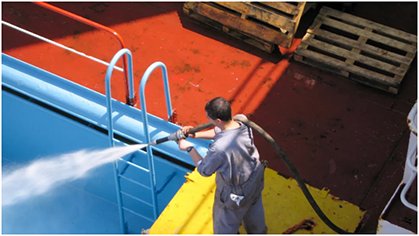
User Experience with Robotic Cleaners
Robotic pool cleaners are designed to make your job easier. These machines operate independently, requiring minimal input from you. Once you set them up, they handle the cleaning process on their own. Many models include user-friendly features like programmable timers and remote controls. You can schedule cleaning sessions or adjust settings with just a few clicks.
Another advantage is their portability. Most robotic cleaners are lightweight and easy to move. You won’t need to struggle with heavy equipment or complicated setups. Their intuitive design ensures that even first-time users can operate them without difficulty.
Tip: Look for models with app connectivity. These allow you to monitor and control the cleaner from your smartphone, adding even more convenience.
User Experience with Manual Cleaners
Manual pool cleaners require more effort from you. You need to connect the cleaner to the pool’s filtration system and guide it manually. This hands-on approach gives you complete control over the cleaning process. You can focus on specific areas that need extra attention.
However, using a manual cleaner can be physically demanding. You’ll spend time scrubbing and vacuuming, which may not be ideal for larger pools. Storing and assembling the equipment also takes extra time and effort.
Note: Manual cleaners work best for smaller pools or when you need to clean hard-to-reach spots.
Maintenance Requirements and Costs
Robotic cleaners have straightforward maintenance needs. You’ll need to empty their filter bags or cartridges regularly. Some models even have self-cleaning features, reducing your workload. Repairs can be costly, but these machines are built to last, minimizing the frequency of breakdowns.
Manual cleaners, on the other hand, have fewer mechanical parts. This makes them less prone to malfunctions. However, you’ll need to maintain the pool’s filtration system since it powers the cleaner. Over time, this can increase wear and tear on your equipment.
Comparison Table: Maintenance Costs
|
Cleaner Type |
Maintenance Effort |
Repair Costs |
Lifespan |
|
Robotic Cleaners |
Low |
High |
Long-lasting |
|
Manual Cleaners |
Moderate |
Low |
Equipment-dependent |
Choose the option that aligns with your time, budget, and maintenance preferences.
Pros and Cons of Robotic and Manual Pool Cleaners
Advantages of Robotic Pool Cleaners
- Time-Saving: Robotic cleaners operate independently. You can set them up and let them clean while focusing on other tasks.
- Consistent Performance: These machines deliver uniform cleaning results. They cover every corner of the pool, including walls and waterlines.
- Energy Efficiency: Robotic cleaners use low-voltage power. This reduces energy consumption and lowers utility bills.
- Ease of Use: Most models feature simple controls. Some even allow you to schedule cleaning sessions through a smartphone app.
- Advanced Features: Many robotic cleaners include smart navigation systems. These ensure thorough cleaning without missing spots.
Tip: If you manage a large commercial pool, robotic cleaners can save you hours of manual labor.
Disadvantages of Robotic Pool Cleaners
- High Initial Cost: Robotic cleaners require a significant upfront investment. Prices often range from $1,000 to $3,000 or more.
- Repair Expenses: Although durable, repairs can be costly. Replacement parts for advanced models may not be budget-friendly.
- Limited Manual Control: These machines may struggle with specific problem areas. You might need to intervene for stubborn debris or algae.
Advantages of Manual Pool Cleaners
- Affordable Upfront Cost: Manual cleaners are budget-friendly. Basic models cost between $100 and $500.
- Precise Cleaning: You control the cleaning process. This allows you to focus on hard-to-reach areas or stubborn dirt.
- Low Maintenance: Manual cleaners have fewer mechanical parts. This reduces the risk of malfunctions and repair costs.
- Simplicity: These tools are straightforward to use. They don’t require programming or technical knowledge.
Note: Manual cleaners work well for smaller pools or those with unique shapes.
Disadvantages of Manual Pool Cleaners
- Time-Consuming: Cleaning manually takes significant time and effort. For large pools, this can become overwhelming.
- Labor-Intensive: You or your staff must dedicate hours to scrubbing and vacuuming. This increases labor costs in commercial settings.
- Dependence on Filtration System: Manual cleaners rely on the pool’s pump and filtration system. This increases energy usage and wear on your equipment.
Comparison Table: Key Drawbacks
|
Cleaner Type |
Main Drawback |
Ideal Use Case |
|
Robotic Cleaners |
High initial cost |
Large pools with heavy usage |
|
Manual Cleaners |
Labor-intensive and slow |
Small or irregularly shaped pools |
Choose the cleaner that aligns with your pool’s size, budget, and cleaning needs.
Suitability for Commercial Pools
When to Choose Robotic Cleaners
Robotic pool cleaners work best for large commercial pools or facilities with high traffic. These machines handle heavy cleaning demands efficiently. If your pool requires frequent maintenance, robotic cleaners save time and reduce labor costs. Their ability to clean autonomously ensures consistent results, even during peak usage periods.
You should also consider robotic cleaners if energy efficiency is a priority. These devices operate on low-voltage power and don’t rely on the pool’s filtration system. This reduces energy consumption and minimizes wear on your equipment. For pools with complex shapes or features like waterfalls, robotic cleaners excel at navigating and cleaning hard-to-reach areas.
Tip: Consult a hotel/commercial pool cleaning equipment supplier to find a robotic cleaner that matches your pool’s size and cleaning needs.
When to Choose Manual Cleaners
Manual pool cleaners are ideal for smaller commercial pools or those with unique shapes. If you prefer hands-on control, manual cleaners allow you to target specific areas. They work well for pools with light debris or occasional cleaning needs.
For businesses with tight budgets, manual cleaners offer an affordable solution. Their low upfront cost makes them a practical choice for operators who don’t mind dedicating time to cleaning. However, you should ensure that your staff has the time and skill to achieve thorough results.
Note: A hotel/commercial pool cleaning equipment supplier can recommend high-quality manual cleaners for precise cleaning tasks.
Examples from Hotel/Commercial Pool Cleaning Equipment Supplier Insights
Insights from a hotel/commercial pool cleaning equipment supplier highlight the importance of matching the cleaner to your pool’s requirements. For instance, suppliers often recommend robotic cleaners for resorts with large pools. These cleaners maintain cleanliness efficiently, ensuring guest satisfaction.
On the other hand, suppliers suggest manual cleaners for boutique hotels with smaller pools. These tools provide the precision needed for unique designs without exceeding budget constraints. By consulting a supplier, you gain access to expert advice and tailored solutions for your facility.
Recommendations for Commercial Pool Operators
Best Options for Small to Medium-Sized Pools
For small to medium-sized pools, you should consider manual pool cleaners or compact robotic models. Manual cleaners work well for pools with unique shapes or light debris. They allow you to focus on specific areas, ensuring thorough cleaning. However, if you want to save time, compact robotic cleaners are a great choice. These models are affordable and efficient, making them ideal for pools that don’t require heavy-duty cleaning.
Tip: Consult a hotel/commercial pool cleaning equipment supplier to find compact robotic cleaners that balance cost and performance.
Best Options for Large Pools
Large pools demand powerful and autonomous cleaning solutions. Robotic pool cleaners with advanced navigation systems are the best option. These machines clean large areas quickly and efficiently. They also reduce labor costs by operating independently. Look for models with high-capacity filters and smart mapping features to ensure thorough cleaning.
If your pool has heavy usage, choose a robotic cleaner designed for commercial use. These models handle high debris loads and maintain consistent performance. A hotel/commercial pool cleaning equipment supplier can recommend the right model for your needs.
Budget-Friendly Recommendations
If you’re on a budget, manual pool cleaners are the most affordable option. They cost less upfront and have minimal maintenance expenses. For a more automated solution, consider entry-level robotic cleaners. These models offer basic features at a lower price point.
Note: A hotel/commercial pool cleaning equipment supplier can help you find budget-friendly options without compromising quality.
Robotic cleaners save time and energy, while manual cleaners offer precision and affordability. You should match the cleaner to your pool’s size and budget. Large pools benefit from robotic options, while smaller pools thrive with manual tools.
Tip: Consult suppliers for tailored recommendations. Choose wisely to maximize efficiency and minimize costs.
FAQ
What type of pool cleaner is best for irregularly shaped pools?
Robotic cleaners are ideal for irregularly shaped pools. Their smart navigation systems ensure thorough cleaning, even in hard-to-reach corners.
Tip: Choose a model with advanced mapping for better results.
How often should you clean a commercial pool?
Clean your commercial pool at least once daily during peak usage. Regular cleaning ensures hygiene and maintains water clarity for your guests.
Are robotic pool cleaners worth the investment?
Yes, robotic cleaners save time and reduce labor costs. Their energy efficiency and long-term durability make them a cost-effective choice for commercial pools.
Note: Consult suppliers for models that fit your budget and needs.

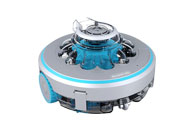 Robotic Pool Cleaner
Robotic Pool Cleaner 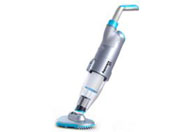 Portable Pool Vacuum Cleaner
Portable Pool Vacuum Cleaner 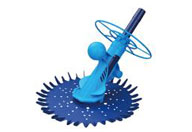 Automatic Pool Cleaner
Automatic Pool Cleaner 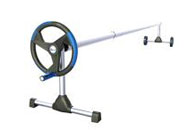 Pool Cover Reel
Pool Cover Reel 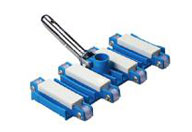 Pool Cleaning Accessories
Pool Cleaning Accessories 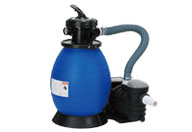 Pool Filter Pump
Pool Filter Pump 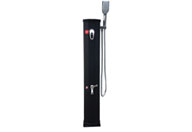 Pool Solar Shower
Pool Solar Shower 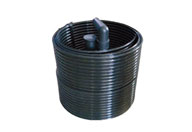 Pool Solar Collector
Pool Solar Collector 